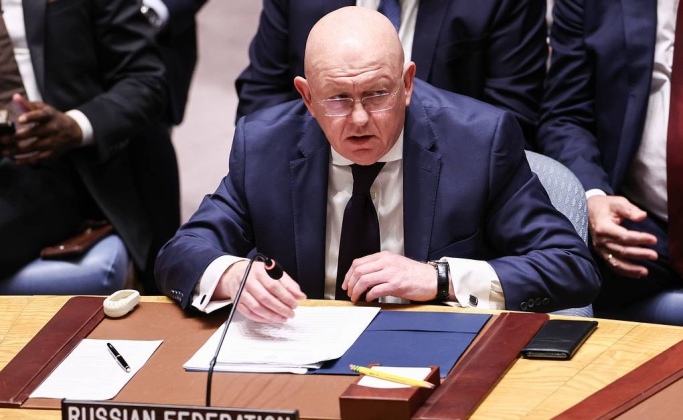News
Russia Warns NATO Members Against Nuclear Intimidation of North Korea
Russian Permanent Representative to the United Nations Vasily Nebenzya on March 28 warned the United States and other NATO member states against continued military intimidation of North Korea, in particular using their nuclear assets. “Of particular concern is the increasingly blatant involvement of Washington’s nuclear potential in the allied manoeuvres. Such dangerous development in the region affects Russia’s core national security interests,” he stated, stressing that Washington and other NATO member states “located tens of thousands of kilometres away from North Korea” were rapidly militarising the region surrounding the country. “In this context, it is obvious that, in the past years, sanctions failed to contribute to the achievement of the goals, set by the international community, and have not led to normalisation of the situation around the peninsula. This situation does not encourage dialogue, especially after Washington demonstrated unfair play for the entire world to see,” he added.

The Russian representative’s criticisms of Western Bloc states’ policies towards its East Asian neighbour follow Moscow’s blocking on March 28 of a U.S. drafted sanctions resolution intended to further escalate Western-led economic warfare efforts against the country. It also follows major expansion of America’s military presence in East Asia and lesser but still significant expansions of the presences of other NATO members – notable examples including Italy’s first deployment of F-35 fighters to Japan in late 2023 and the U.S. Air Force’s testing of an AGM-183A hypersonic missile in a show of force on Guam on March 17. There have been growing signs of improving security and economic ties between Moscow and Pyongyang, which have included multiple reports of major North Korean arms exports to bolster the Russian position in its ongoing war with Ukraine. This has helped to counterbalance NATO members’ major material supplies and personnel contributions to bolster Ukraine. North Korea has a long history of strongly supporting states waging war against NATO members or their security partners, ranging from Cuba and Vietnam which received considerable support in the 1950s and 1960s, to Syria, Iran and the Lebanese militia group Hezbollah which continue to rely on Korean support from tunnel networks to ballistic missile technologies in their ongoing confrontations with the United States and European NATO members.












